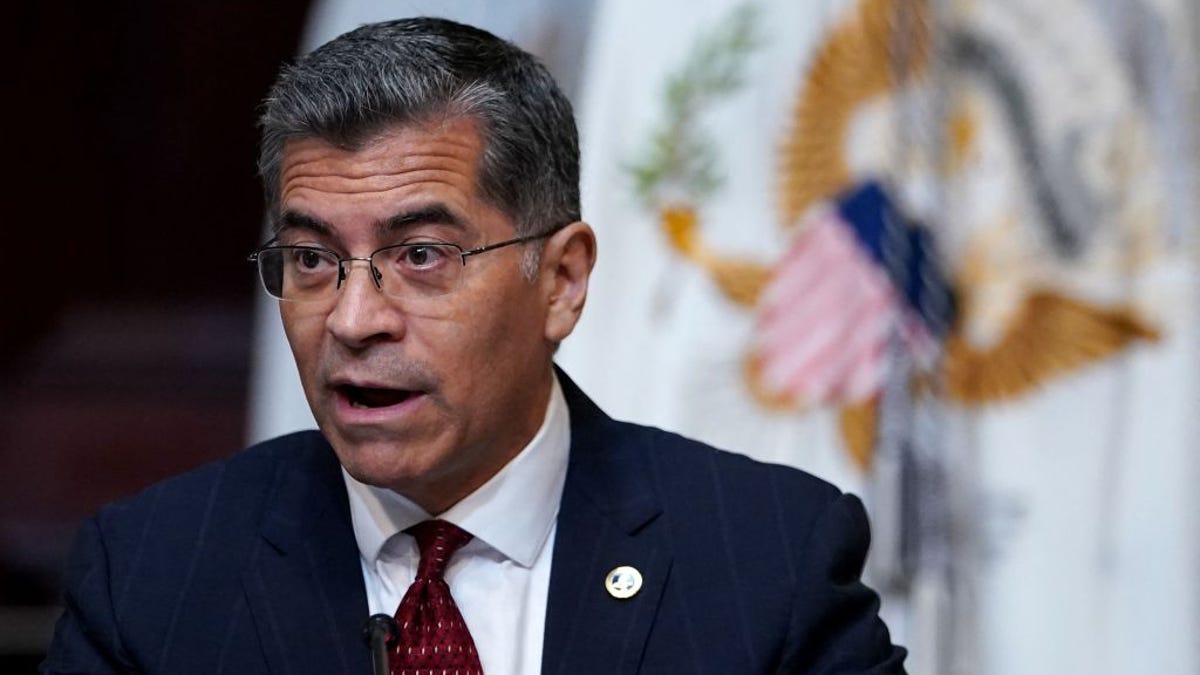White House Extends COVID Public Health Emergency
The emergency declaration continues free vaccines and Paxlovid and the easing of Medicare and Medicaid requirements.

HHS Secretary Xavier Becerra has announced another extension of the public health emergency for COVID-19.
Health and Human Services Secretary Xavier Becerra extended the COVID-19 public health emergency again on Wednesday. First announced by then-HHS Secretary Alex Azar in January 2020, the PHE had already been renewed 11 times by the administrations of both Donald Trump and Joe Biden.
In a statement, Becerra said he was extending the emergency to address "the continued consequences of the COVID-19 pandemic."
With the renewal in place, the cost of COVID-19 vaccines, testing and antiviral treatments like Paxlovid continue to be covered by the federal government and requirements for Medicare and Medicaid coverage remain relaxed.
The government has been renewing the declaration in 90-day increments. The PHE was set to expire after Wednesday, but will now remain in place at least through April 11.
Read On: What Happens When the COVID Public Health Emergency Ends?
On Tuesday, an HHS spokesperson reiterated that the department is committed to providing a 60-day notice to states ending the emergency. As it stands, it will have to make an announcement by Feb. 10 to keep that promise.
Health officials believe this may be the final extension of the PHE, intended to give states time to transition.
In December, 25 Republican governors asked President Biden to end the emergency declaration, claiming it was artificially inflating the population covered under Medicaid and "costing states hundreds of millions of dollars."

